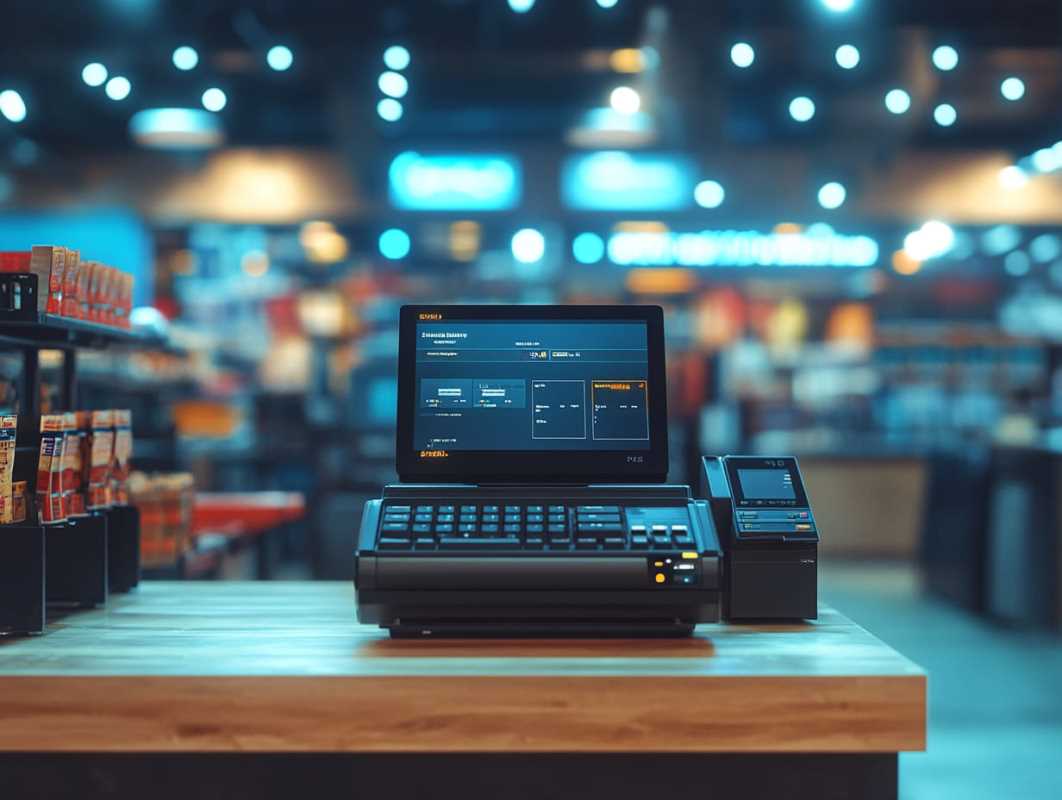Planning a move can bring a mix of excitement and stress. Starting fresh in a new place might sound perfect, but figuring out how to afford it is a challenge, especially if your savings account isn’t exactly overflowing. Relocation often comes with hidden costs that can catch you by surprise and strain your finances if you’re not prepared. The good news? Careful planning can help you calculate moving expenses, stick to a budget, and avoid overextending yourself financially. With some smart steps, you can get a clear picture of what your move will actually cost and take action to make it work within your means.
Start With a Moving Budget
A moving budget acts as a financial game plan, ensuring no dollar slips through the cracks. Breaking down costs into categories can make them easier to track. Start by listing every possible expense related to your move. These can include packing supplies, transportation, deposits, and new utility setups. Add in essentials like groceries for the first few weeks in your new home. Seeing all these numbers laid out can help you feel more in control and less stressed about the unknowns.
After creating your list, compare it to the amount of savings you’ve set aside for the move. If the costs seem higher than expected, don’t panic. Having this overview early gives you time to adjust your budget by prioritizing necessary expenses and cutting back on non-essentials.
Assess the Cost of Packing Supplies
Boxes and tape might seem like minor investments, but they add up quickly. Buying high-quality moving supplies might seem like the safest route, yet it’s not always necessary. Check local stores to ask if they have leftover cardboard boxes from inventory shipments. Many places are happy to give these away for free.
Look around your home for items that can double as packing materials. Kitchen towels, clothing, and even old newspapers can replace bubble wrap, saving you money. Investing a little time hunting for free or low-cost supplies goes a long way in stretching your moving budget.
Factor in Transportation Expenses
Getting your belongings to your new place is usually one of the biggest costs of relocation. Hiring professional movers can make the process smoother, but it’s definitely the pricier option. For a more budget-friendly move, renting a truck and handling the lifting yourself may be the way to go.
Think about the distance of your move. A cross-country haul will involve bigger fuel costs, higher truck rental fees, and possibly overnight accommodations. Staying within the same city keeps those costs much lower. Whichever route you choose, be sure to compare prices between companies. Some offer discounts for booking in advance, while others may have promotions during less busy times of the year.
Don’t Forget About Utility Setups and Deposits
Getting utilities like electricity, water, and internet up and running in your new home often requires deposits or activation fees. Researching these costs in advance can prevent a last-minute financial scramble. Contacting utility companies ahead of time allows you to ask about any upfront payments and include those in your moving budget.
For renters, security deposits are another upfront cost to plan for. Most landlords or property management companies require the equivalent of one or two months’ rent to be paid upfront. These deposits are often refundable if the property is left in good condition, but they’ll still hit your pocket right away.
Plan for Travel Costs
If you’re driving to your new location, think about gas, tolls, and possible overnight stays. Fuel prices can vary by state, so doing some research about what to expect along your route can help you estimate costs. Apps like GasBuddy are great tools for finding the cheapest gas stations near you.
For longer-distance moves that require flights, look for ways to save on airline tickets and baggage fees. Booking early, traveling mid-week, or flying during off-peak seasons can make ticket prices more affordable. Shipping large or heavy items separately may sometimes be cheaper than paying for extra baggage on a flight.
Consider Costs in Your New Location
Moving to a new place comes with additional expenses beyond the actual relocation itself. Your new city could have a higher cost of living, which impacts everything from rent and groceries to gas prices and entertainment. Researching your destination ahead of time can help you gauge how your budget will need to change.
Think about small but important details too, like pet registration fees if you have pets or vehicle registration fees if your car needs to be set up in a new state. Each small fee can catch you off guard unless it’s accounted for ahead of time.
Prepare for Unexpected Expenses
Nobody likes surprises when it comes to money. Relocation is full of unexpected situations, whether running out of boxes halfway through packing or needing last-minute repairs on furniture damaged during the move. Setting aside a portion of your savings as an emergency fund ensures you’re not scrambling for cash when something goes wrong.
A general rule of thumb is to reserve about 10-15% of your moving budget for the unexpected. Having this cushion in place brings peace of mind knowing you’re prepared for any curveballs.
Cut Costs Without Cutting Corners
Saving money on a move doesn’t mean sacrificing quality or convenience. Small adjustments can add up to big savings. Rather than paying for professional cleaning services at your old place, tackle the cleaning yourself with affordable DIY supplies. Enlisting the help of friends or family for the heavy lifting can save money because you won't need to hire movers. Pizza or snacks as a thank-you can be far cheaper than extra labor.
Timing your move strategically can also reduce costs. Many moving companies and rental services charge higher rates during the summer or on weekends. Opting to relocate mid-week or during the winter months can result in significant savings.
Track Every Expense
One of the easiest ways to stay on budget during a move is by tracking where every dollar goes. Apps like Mint or YNAB (You Need A Budget) can make this process quick and hassle-free. Logging expenses as they happen prevents overspending and keeps you accountable to your financial plan.
Reviewing your spending periodically also lets you see where you need to adjust. If certain areas end up costing more than expected, you can reallocate funds from less critical items.
Create a Post-Move Financial Plan
Relocation doesn’t end once the boxes are unpacked. Setting yourself up for success in your new home means reexamining your finances and making adjustments where necessary. Take time to update your monthly budget to reflect any changes in housing costs, transportation expenses, or utility bills.
Building up your emergency savings again is just as important. Relocating likely drained some of your reserves, so replenishing that safety net should be a priority. Even small deposits into savings from each paycheck can make a big difference over time.
 (Image via
(Image via





